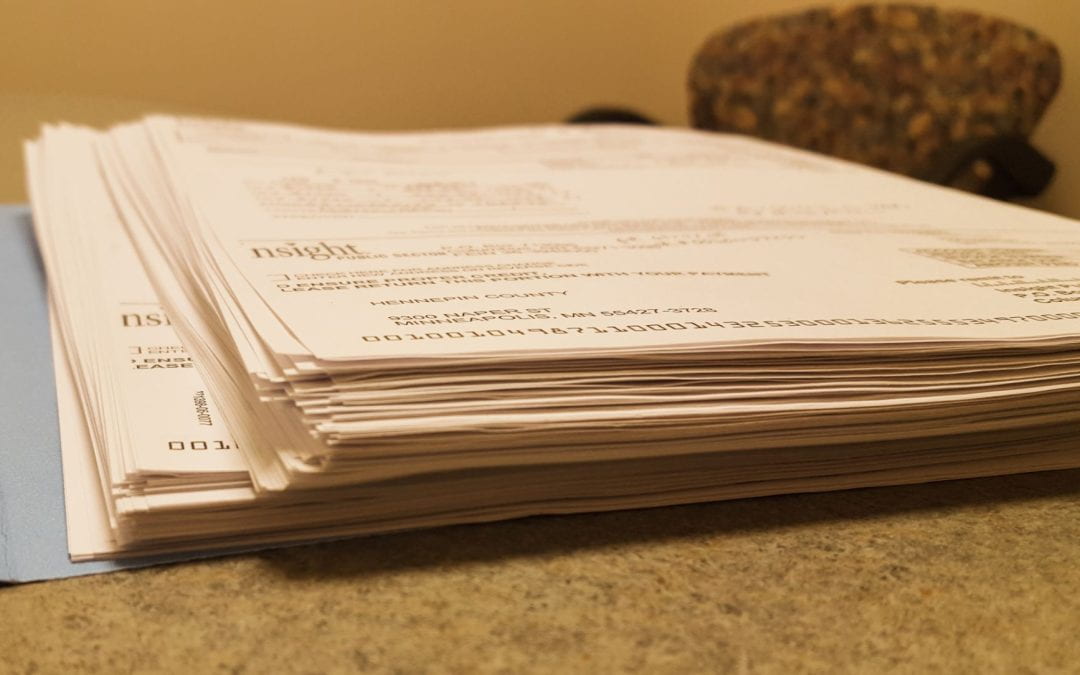by Alexa Kutz | Apr 27, 2023 | National Security, North America
Introduction American consumers are increasingly aware of the abysmal working conditions attached to some of the most prominent brands in the fashion market. Over the past decade, popular brand names like Nike, Shein, and H&M have been criticized for their use of...
by Alec Goodrich | Nov 11, 2022 | Arbitration, China, Cybersecurity, Financial, Intellectual Property, Internet Law, National Security, North America, Trade, U.S. Foreign Policy
International intellectual property (IIP) theft occurs when foreign actors infringe upon, or outright steal, intellectual property (IP) owned by a domestic entity. IIP theft takes many forms, from the manufacture and export of counterfeit Birkin bags to sophisticated...

by Esteban Munoz Calle | Oct 22, 2022 | All, Democracy, North America, U.S. Foreign Policy
In 1938, President Roosevelt signed the Foreign Agents Registration Act (“FARA” or “the Act) in order to “expose foreign influence in American politics, with a specific focus on identifying and making a public record of attempts to spread propaganda and foreign...

by Jaclyn Corbo | Apr 21, 2022 | All, Europe, European Union, Financial, North America
Money laundering (ML) and terrorism financing (TF) in the art market is a hot, new topic for governments around the world, specifically the US, United Kingdom (UK), and the European Union (EU). Why? The art market is a largely underregulated, highly profitable...

by Ethan Syster | Apr 19, 2022 | Africa, All, Financial, Healthcare, North America
(image link) The International Monetary Fund’s (“IMF”) current loan programs to support low-income countries (“LICs”) are simply Structural Adjustment Programs (“SAPs”) disguised under new names. These programs, created in response to staunch criticism of the...

by Mary Ameringer | Apr 15, 2022 | Asia, China, History, North America, South China Sea, Southeast Asia, Trade, U.S. Foreign Policy, Uncategorized
Bao Bao during her public debut at the National Zoo in 2013. Her birth appeared on the zoo’s live panda cam and generated a surge in viewership that crashed the site. Is there something more to these beloved bears than munching on bamboo and bumbling around? April 16,...




